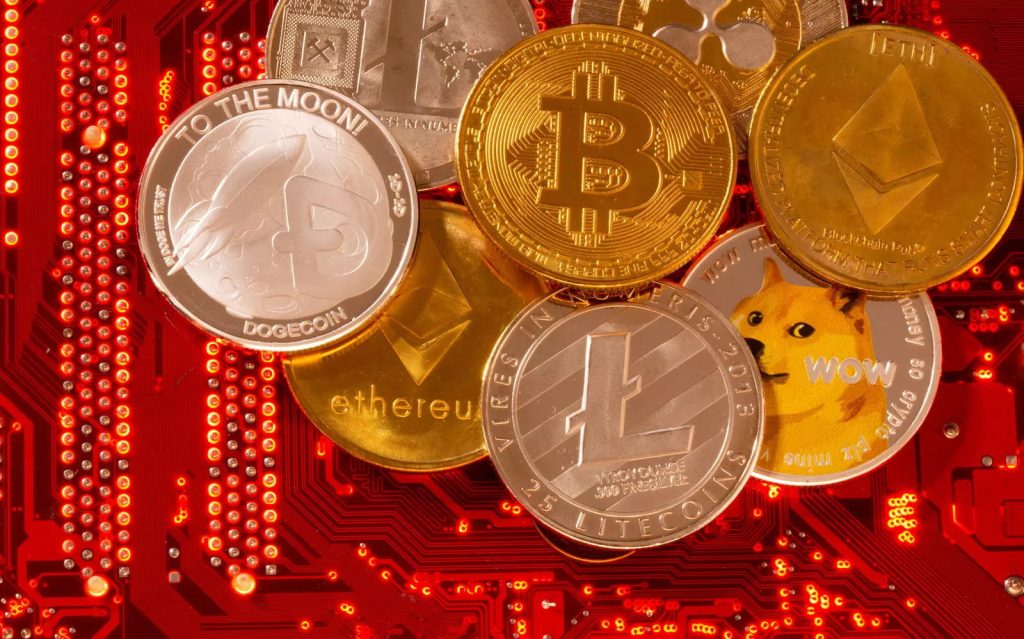Cryptocurrency Exchanges Expand Services to Include More Digital Assets
As the cryptocurrency market continues to grow and mature, top cryptocurrency exchanges are expanding their services to include a broader array of digital assets. This shift is part of an ongoing effort to cater to the increasing demand for a variety of cryptocurrencies, offering traders and investors more opportunities for diversification. The landscape of crypto exchanges has changed significantly in recent years, with leading platforms such as Binance, Coinbase, Kraken, and Bitfinex enhancing their product offerings beyond just Bitcoin and Ethereum. These platforms are now integrating a more extensive list of altcoins, including emerging tokens and decentralized finance DeFi assets, to appeal to a wider audience. One of the primary drivers behind this expansion is the increasing interest from institutional investors and retail traders seeking exposure to a broader range of digital assets. Bitcoin and Ethereum, which have long dominated the market, are now being joined by other promising cryptocurrencies such as Solana, Cardano, and Polkadot, as well as newer entrants like Chainlink, Avalanche, and Layer-2 solutions.

This trend has been particularly notable in the context of DeFi, which has seen explosive growth over the last few years. By offering a greater variety of tokens associated with decentralized applications dApps and smart contract platforms, exchanges are tapping into this rapidly expanding sector. In addition to expanding their cryptocurrency offerings, exchanges are increasingly focusing on providing users with more advanced tools and services. For example, latest crypto news many platforms are now supporting staking services, where users can lock up their digital assets to earn rewards, which is particularly popular with PoS Proof of Stake coins. Margin trading, lending, and yield farming are also becoming more common on these platforms, allowing users to amplify their investment strategies and enhance their returns. Some exchanges are even venturing into the world of NFTs Non-Fungible Tokens, offering marketplaces for buying, selling, and trading digital collectibles and art. Security has also become a primary concern as exchanges continue to scale up their services.
With the expansion of offerings comes an increase in regulatory scrutiny and the potential for cyberattacks. To mitigate these risks, leading exchanges are ramping up their security measures, utilizing advanced encryption methods, multi-signature wallets, and cold storage solutions to safeguard their users’ assets. Additionally, they are working closely with regulators in various jurisdictions to ensure compliance with evolving legal frameworks surrounding digital assets, particularly in areas such as anti-money laundering AML and know-your-customer KYC protocols. Globalization plays a key role in the ongoing expansion efforts of exchanges. As cryptocurrencies become more mainstream, exchanges are catering to an international clientele by offering localized services, including multiple language options, regional fiat currency support, and compliance with regional regulations. For example, platforms like Binance have expanded their services to include the ability to trade in various local currencies, while exchanges like Coinbase have become more involved in international markets by opening up new branches and focusing on market localization.